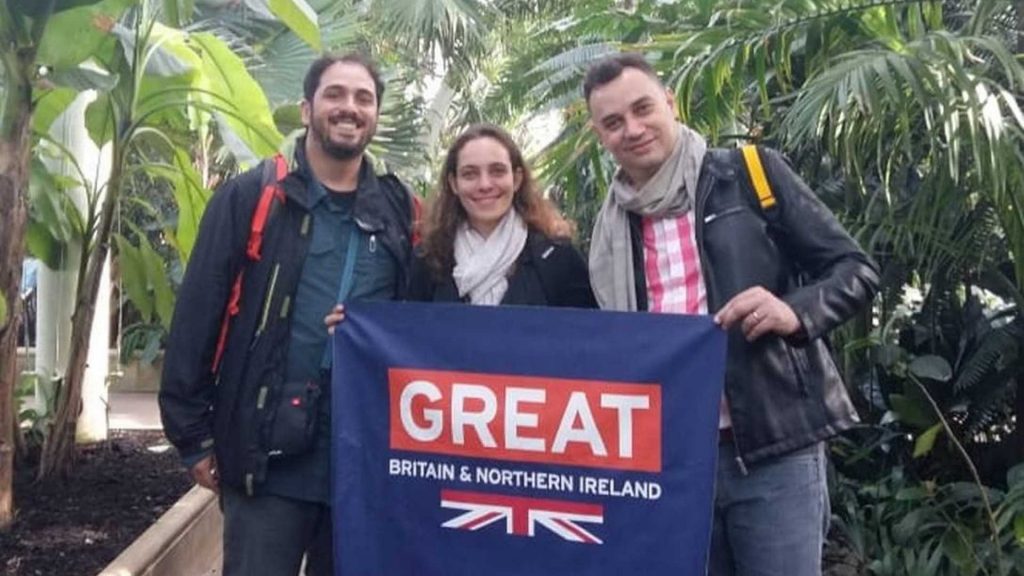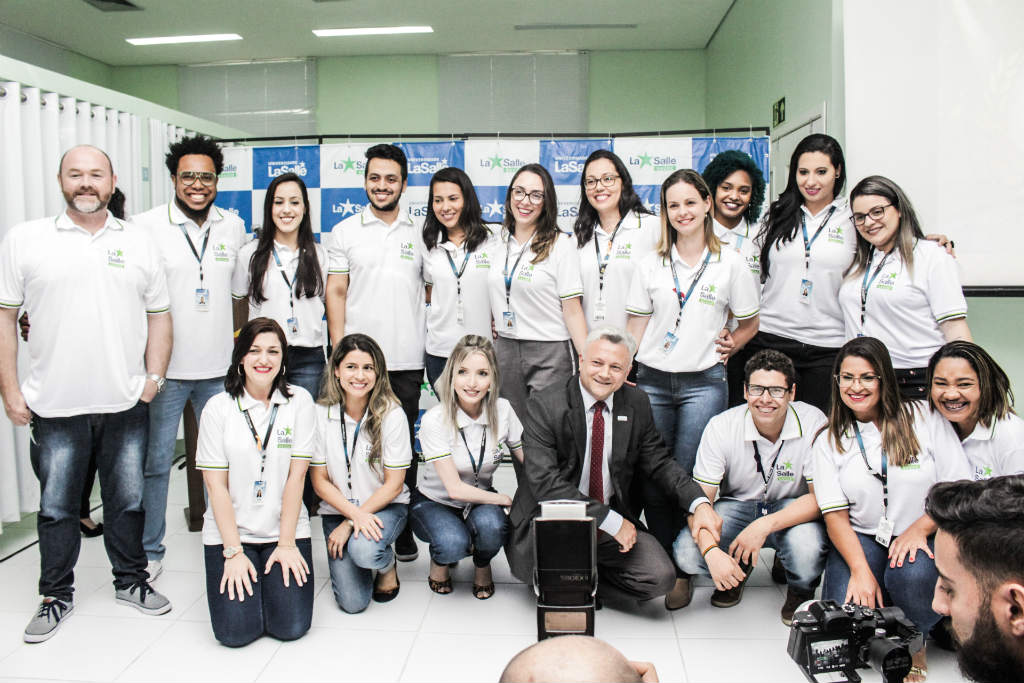
The Network meets companies that seek to promote more inclusive working spaces.
In 2014, in Mexico, several organizations decided to create a collaborative network to support the LGBT + population in the job market. In 2016, the group was brought to São Paulo and two years later it arrived in Rio Grande do Sul, connecting companies from the south of the country, among them La Salle University, which became a member in February 2019. “There has never been so much talk about diversity in the business environment as now. Large companies, many of them multinational in origin, were pioneers in bringing this subject to the work environment. But soon the discussion was accepted in other organizations and environments, because it’s not an isolated claim, but human rights and social justice,” says the director of Extension and Postgraduate Lato Sansu and representative of the University in Pride Connection, Prof. Me. Márcio Michel. Also part of the team that will participate in the meeting representing La Salle University are the colaborators Daiane Santellano (Personnel Management/HR) and Vanessa Amaral Prestes (graduate in EAD).
The first meeting as a member entity of Pride Connection happened on March 26, at ADPBrasil. “These meetings happen every month, always at the headquarters of one of the participating companies. The company receives the members and presents their activities and actions, sharing experiences,” Vanessa explains. She explains that in order to integrate Pride Connection, it’s necessary to sign a commitment term and to draw up an action plan that will be implemented within the Institution. “We have proposed four actions, among them the reactivation of an internal committee focused on diversity, which will be formed by collaborators. Another action will be to make an internal diagnosis of who are the collaborators that can integrate and create a network “, details Vanessa.
Also, a booklet about diversity will be published and will be distributed to employees and new employees. “La Salle University is a contemporary institution, but still follows the teachings of the founder Saint John Baptist de La Salle, who has always believed that we should teach well living and well living only exists when everyone is included and feels safe. We are a community institution and there is no community without diversity,” says Michel. He aldo adds that, beyond the internal policies, there is the expectation of creating a research group linked to the Postgraduate Program in Social Memory and Cultural Goods. “I see as very important the insertion of Unilasalle in Pride, since we have been working strongly with inclusion for a few years. We still face resistences from people who do not have an understanding on these issues yet, and the alliance with Pride will certainly be of great value in this beautiful path that Unilasalle has been making towards inclusion”, concludes Daiane.





